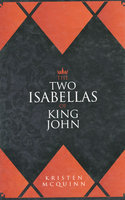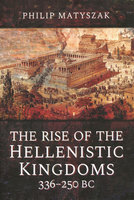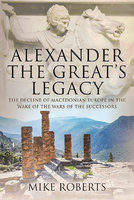When Alexander the Great died in 323 BCE aged only 32, he was the ruler of one of the greatest empires in history. The whole of the eastern Mediterranean had been conquered, radiating out from the kingdom of Macedonia up through Greece and the Balkans and down into Egypt and Libya, and Alexander's legacy was the Hellenistic, Greek-speaking culture that continued for 500 years after his death. In fact Alexander's conquests had been made possible by his father, Philip II of Macedon, and this book outlines Alexander's career relatively briefly in order to focus on the groundwork laid by Philip and the intense competition among Alexander's successors to gain control of the greatest power in the known world. Philip's predecessor as ruler of Macedon had been his brother Perdiccas III, who gave the teenage Philip control of several territories, probably those regions from which his numerous wives originated. When Perdiccas died fighting, a northern incursion from the Illyrians, Philip rebuilt the recently defeated army. At home he encouraged the development of cities, particularly at strategic border points, and promoted the economic development associated with urbanisation. Philip brought the warrior class into existence, so that when Alexander invaded Persia in 334 he took 12000 infantry into battle, leaving behind the same number for defence. Darius, king of Persia, offered Alexander peace terms which he rejected, miraculously surviving an arrow wound in battle. Grief at the death of his lover Hephaistion hastened Alexander's death and following fierce fighting between his successors the empire was divided into manageable provinces administered by local military rulers. With Antigonus ruling Persia, Ptolemy Egypt, and Cassander holding Macedonia and neighbouring lands, between 315 and 280 the robust governing structures of the Hellenistic world were established. Highly readable and well-researched. 336pp, timeline, genealogies, glossary, black and white reproductions.
Additional product information





